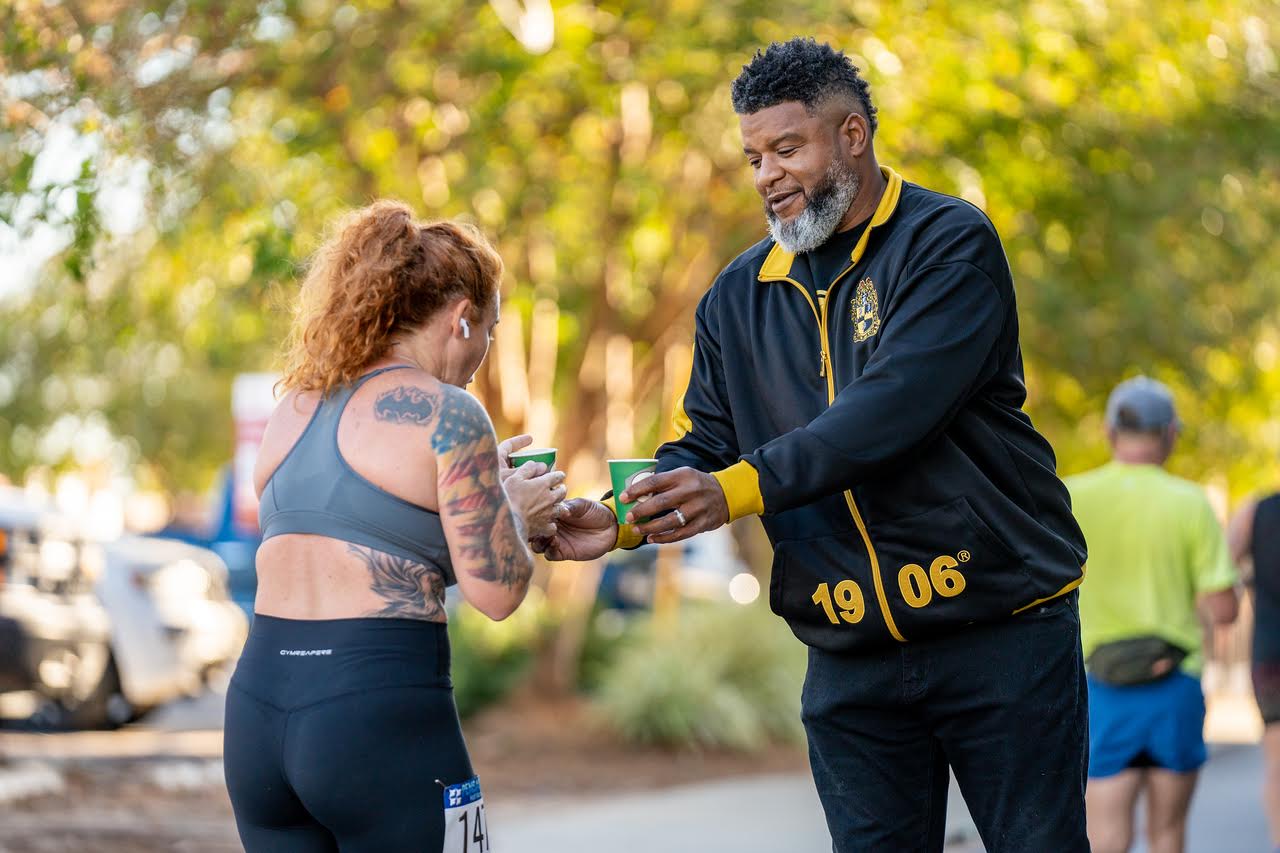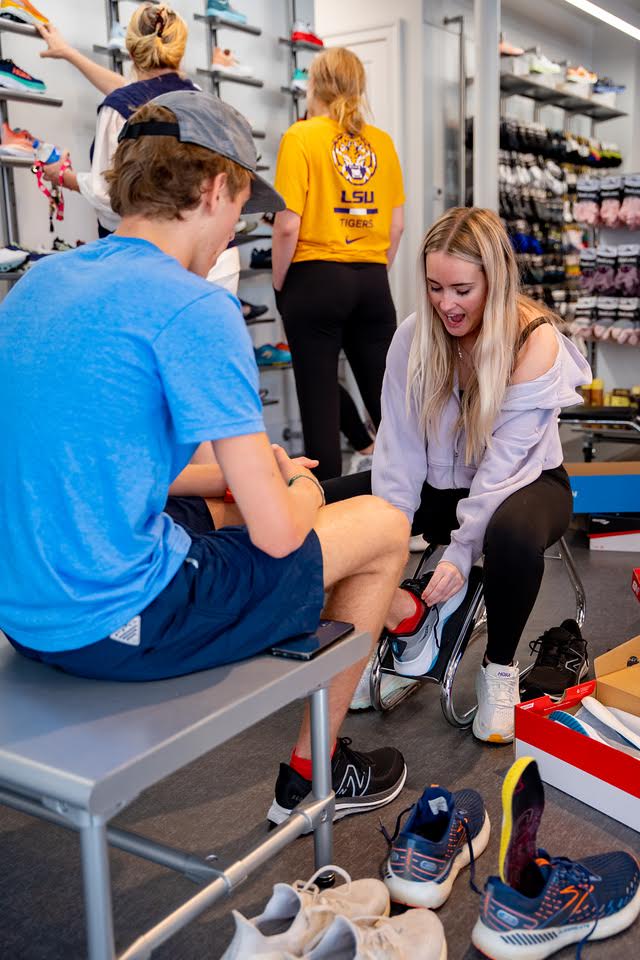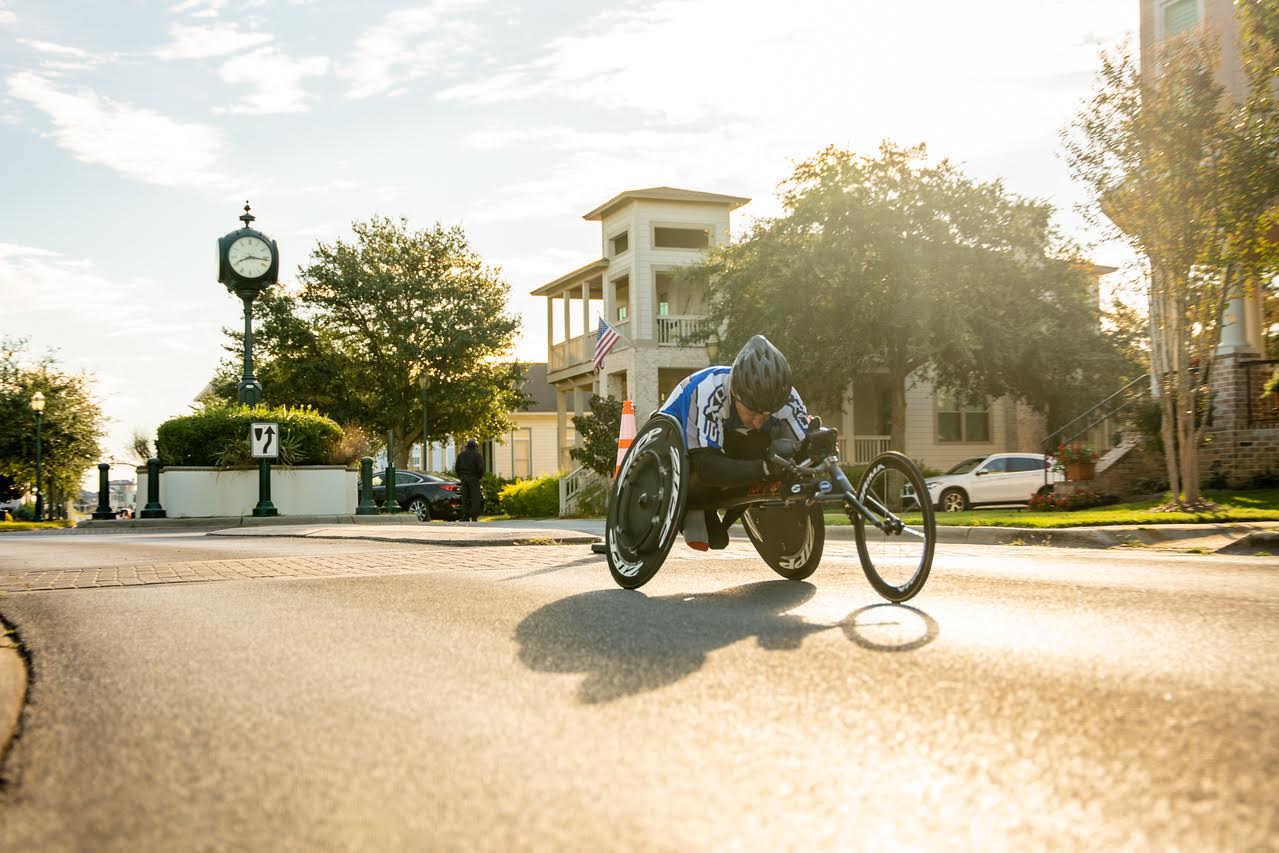Training for your first marathon can be both an exciting and daunting challenge. It’s not just a test of physical endurance but also a mental journey that requires dedication, preparation, and a strategic approach. Here are some essential tips to help you navigate your training effectively and confidently cross that finish line!
Click the links throughout the blog to learn more about the products being discussed!
1. Set Realistic Goals
Before you lace up your running shoes, it's crucial to set achievable goals. Are you aiming to complete the marathon, or do you have a specific time in mind? For your first marathon, it's often best to focus on finishing rather than speed. This mindset can reduce pressure and help you enjoy the training process.

2. Follow a Structured Training Plan
A well-designed training plan can provide the structure and guidance you need. Look for beginner-friendly plans that span 16 to 20 weeks, incorporating a mix of long runs, speed workouts, and recovery days. Here at Running Wild, we offer a 16 week marathon training program that will not only help you reach your goal of running a marathon, but also gain a community of people with the same goals in mind! Running Wild also offers several free group runs out of both of our locations in Pensacola and Fairhope!

3. Listen to Your Body
Your body is your best coach. Pay attention to any signs of fatigue, pain, or injury. It’s essential to distinguish between normal discomfort from training and potential injury. Look into different recovery tools from Running Wild that help your body recover more efficiently. If you feel persistent pain, take a break or seek advice from a healthcare professional. Rest days are just as important as training days; don’t skip them.

4. Fuel Your Runs
Nutrition plays a vital role in your marathon training. Ensure you consume a balanced diet rich in carbohydrates, proteins, and healthy fats. Here are some fueling tips:
- Before Runs: Eat a light snack that includes carbohydrates and some protein (e.g., banana with peanut butter) about 30-60 minutes before running.
- During Long Runs: Experiment with energy gels, chews, or snacks to see what works for you. Practice fueling during your long runs to avoid surprises on race day. Running wild carries all different types of nutrition items to ensure you stay fueled before, during, and after your runs!
- Post-Run Recovery: Replenish your energy with a meal or snack that includes protein and carbohydrates within 30 minutes of finishing your run.

5. Hydrate Wisely
Staying hydrated is crucial for your performance and recovery. During training, aim to drink water throughout the day. There are a variety of different hydration products with all sorts of different flavors, so find what works best for you! Also make sure to practice your hydration strategy during long runs to determine how much fluid you need and when to take it.

6. Invest in Proper Gear
Having the right gear can significantly impact your training experience. Here’s what to consider:
- Running Shoes: Visit Running Wild for a proper shoe fitting by one of our fit specialists. Your shoes should offer the right support for your gait and foot shape. Break them in during training before race day.
- Clothing: Choose moisture-wicking fabrics to prevent chafing. Layering is key in varying weather conditions. Running Wild carries a variety of great brands that are made for running. Come in and find what works best for you!
- Accessories: Consider a Garmin running watch to track your distance and pace. A pair of Goodr sunglasses and a hat can also protect you during outdoor runs.

7. Practice Mental Strategies
Running a marathon is as much a mental challenge as it is a physical one. Developing mental resilience is key to overcoming tough moments during training and the race itself. Here are some techniques:
- Visualization: Spend time imagining yourself successfully completing the marathon. Visualizing the finish line can be a powerful motivator.
- Positive Self-Talk: Replace negative thoughts with positive affirmations. Remind yourself of your training and ability.
- Break it Down: During long runs, focus on reaching one mile at a time rather than thinking about the entire distance. This technique can make the challenge feel more manageable.

8. Incorporate Cross-Training
Cross-training can enhance your overall fitness and help prevent injuries. Activities like swimming, cycling, yoga, or strength training can improve your cardiovascular fitness and build strength in supporting muscles. Aim to incorporate cross-training sessions at least once a week.
9. Taper Before Race Day
In the final weeks leading up to the marathon, it's essential to taper your training. This means gradually reducing your mileage to allow your body to recover and store energy for race day. Tapering helps prevent fatigue and prepares you both physically and mentally for the big event.
10. Plan for Race Day
As race day approaches, create a plan that includes logistics such as transportation to the race, what to wear, and when to eat. Make sure to familiarize yourself with the race course and know where the water stations and aid stations will be located.

Additional Tips for Race Day:
- Arrive Early: Give yourself plenty of time to warm up, use the restroom, and get into your starting corral.
- Stick to Your Plan: Don’t start too fast; stick to your pacing strategy.
- Enjoy the Experience: Take in the atmosphere, appreciate the crowd, and celebrate your journey. Remember, this is your moment!
Training for your first marathon is a remarkable journey filled with challenges and triumphs. By setting realistic goals, following a structured plan, and listening to your body, you can prepare effectively for race day. Always try to enjoy the process, celebrate your progress, and most importantly, have fun! And remember, our team at Running Wild is always here to help you on your journey! With dedication and perseverance, you’ll not only complete your first marathon but also create lasting memories along the way. Happy running!
